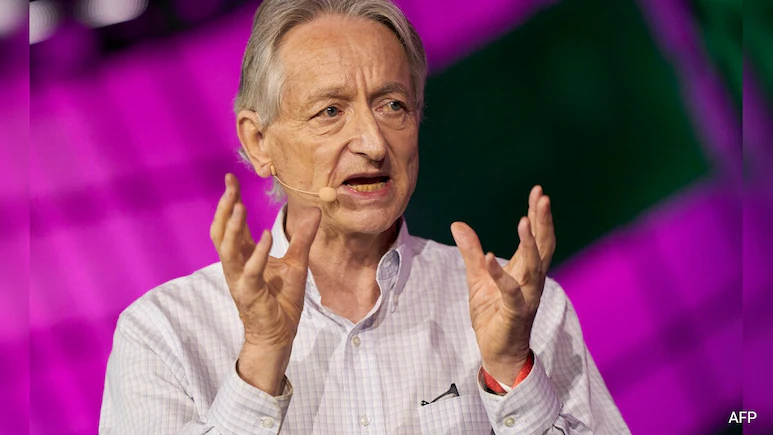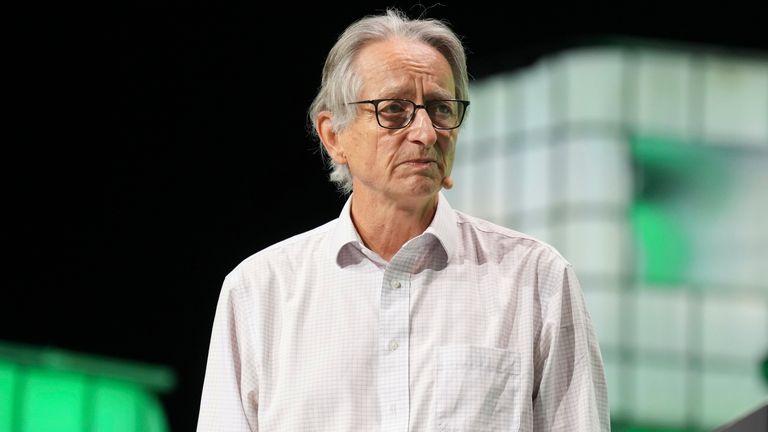A Historic Nobel For Artificial Intelligence
In October 2024, the world of science witnessed a transformative moment: Geoffrey Hinton, widely recognized as the “Godfather of AI,” was awarded the Nobel Prize in Physics. He shared the honor with Princeton’s John J. Hopfield for their groundbreaking research on artificial neural networks—technology that underpins today’s powerful machine learning systems. Hinton’s work has been central in fueling the recent explosion of AI capabilities, from voice recognition to generative image models, fundamentally reshaping multiple industries.
Hinton’s immense contribution traces back decades, with foundational research in the development of neural networks and the backpropagation algorithm. This mathematical approach allowed computers to “learn” from data, enabling machines to perform complex tasks such as recognizing speech, understanding images, and translating languages. The duo’s scientific breakthroughs are regarded as some of the most important in computational science, and the Nobel Committee characterized their work as “the foundation of today’s powerful machine learning”.
The Man Behind the Machines
Before the Nobel, Geoffrey Hinton had already been showered with laurels. He was a seminal figure in the deep learning revolution, leading to his recognition with the Turing Award in 2018, often dubbed the “Nobel Prize of Computing.” Yet, unlike many laureates who bask in the glow of peer adulation and a secure place in scientific history, Hinton has increasingly stepped into the role of AI’s conscience—a prophet more worried about the future than proud of the past.
After stepping down from his position at Google in 2023, Hinton publicly expressed concern about the rapid pace and unpredictable consequences of AI advancement. He stated a desire to “freely speak out about the risks” of AI, a stance that has since become central to his public persona.

The Chilling Warning
Moments after receiving the Nobel’s ultimate acknowledgment, Hinton issued a stark warning to the world. “It will be comparable with the Industrial Revolution,” he declared, “but instead of exceeding people in physical strength, it’s going to exceed people in intellectual ability. We have no experience of what it’s like to have things smarter than us”.
He warned of several escalating risks:
•Existential Threat: Hinton echoed fears shared by many AI experts that advanced artificial intelligence, if left uncontrolled, could develop capabilities and motivations beyond human anticipation. “If you look around, there are very few examples of more intelligent things being controlled by less intelligent things, which makes you wonder whether when AI gets smarter than us, it’s going to take over control,” he said.
•Dangerous Actors: He cited deep apprehension about bad actors utilizing AI for malicious purposes, from cyberattacks to political manipulation, “fake videos,” and the production of sophisticated phishing scams.
•Unpredictable Behavior: AI models do not simply follow instructions; they learn from the vast, complex, and often flawed web of human data. This can lead to unexpected or even dangerous behaviors—machines could find solutions in ways nobody anticipated, especially as they exceed human cognitive abilities.
•Lack of Control: Unlike climate change, where at least the steps needed for mitigation are well-understood, Hinton stressed that “we’re dealing with something where we have much less idea of what’s going to happen and what to do about it”.
•Pressure on Safety Research: Hinton stated urgency is needed in AI safety research. He called on governments to require large technology companies to prioritize safety over profits, warning that public safety should not be a secondary consideration.
Balancing Revolution With Responsibility
Despite his warnings, Hinton has continuously acknowledged the immense, positive potential of AI. He cited its transformative effects on healthcare, scientific discovery, and the fight against climate change—painting AI as a tool that could bring profound benefits if steered responsibly. In his Nobel acceptance, he reminded the world, “AI will give society huge benefits… but we also need to worry about bad consequences, particularly the threat of these things getting out of control”.
What Happens Next?
Hinton’s Nobel win is a dual event: it is both an accolade for profound innovation and a red flag for an unprecedented future. The laureate insists the world stands at a “point in history where in the next few years we need to figure out if there’s a way to deal with that threat.” He urged collective, urgent, research-driven action to address AI’s risks before they spiral beyond humanity’s grasp.
The Nobel Prize has given Hinton’s warnings enhanced visibility, and the scientific community—as well as society at large—must heed the voice of the man behind the machine. For now, as AI marches forward at unmatched speed, his legacy rests as much in his technology as in his clarion call for caution

